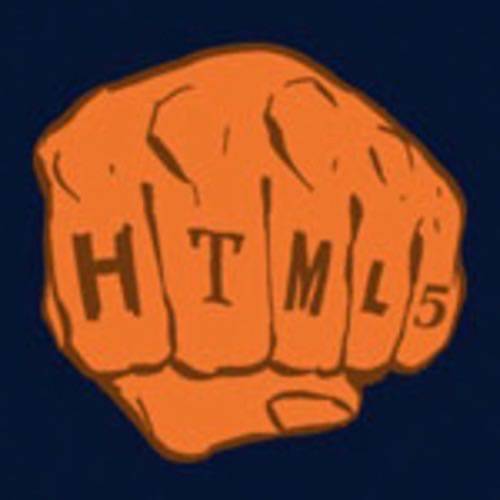HTML5 was one of the top trends of 2010 (see Richard’s post for a detailed analysis of what has been accomplished so far). And one of the areas seeing increased use of HTML5 is mobile devices. In fact, Richard wrote earlier this week, the Mobile Web is one of the key reasons for the emergence of this technology – it allows developers to create applications that function similarly to mobile apps written in native code.

But is HTML5 good enough as it stands today? Should developers be turning to it over native code? Or are native apps still much better? Participate now in one of the mobile industry’s hottest debates in this week’s poll here on ReadWriteMobile.
At last week’s Open Mobile Summit in San Francisco, I have to admit I was surprised to hear – from more than a few developers – a little bit of anti-HTML5 sentiment. It’s not what I expected. Don’t get me wrong – it’s not that they were saying HTML5 was bad, (not by any means!) – just that writing apps in native code was much, much better as things stand today. There are many things that HTML5 is good at now, they said, but it can’t compete with what native code can do. One person even went so far as to say that HTML5 will never catch up with native code. Yes, never! (Names withheld to protect these folks from flaming, by the way.)
On the flip side, others said that HTML5 was indeed more than ready for mobile and it represented the future of where mobile applications are headed. Given the large number of platforms out there, expecting developers to crank out native apps for an ever-growing list of mobile devices and operating systems is nearing impossible. There needs to be a simpler way, and HTML5 is it.
The Web is the Future
For example, on one of the Summit’s panels, Mark Curtis, CEO of Flirtomatic, complained of being overwhelmed by the number of platforms. His company is now serving five platforms, he said “but it can feel like 20.” This is representative of one of developers’ complaints with mobile right now – it’s too complex.
On another panel, which featured top executives from RIM, Microsoft and Qualcomm, the group discussed Web technologies versus native code. RIM’s VP global alliances and developer relations Tyler Lessard made noted that RIM plans to support HTML5 and developers can submit apps built with the technology to their marketplace, which he believes will be a key selling point for developers.
On a third panel, ?Motorola SVP Alain Mutricy proclaimed that the future is about the mobile Internet and HTML5, that it’s definitely where we’re headed.
Yet behind the scenes, opinion was mixed. A few people were saying that at best, “hybrid apps” that using a combination of HTML5 and native code is as far as you should push the technology today, unless the app is rather basic. But then, others showcased the great potential of HTML5, showing off full HTML5-built games, for example. Even Mozilla got in on the action, with its new Android version of Firefox, now in beta, which supports offline storage, the <canvas> tag, <svg> and Web workers.
Your Turn: POLL
So now it’s your turn – what do you think? Where does HTML5 fit in today? Is it ready for mobile? Is it getting there? Is native code still where it’s at? Weigh in on the poll below.

















